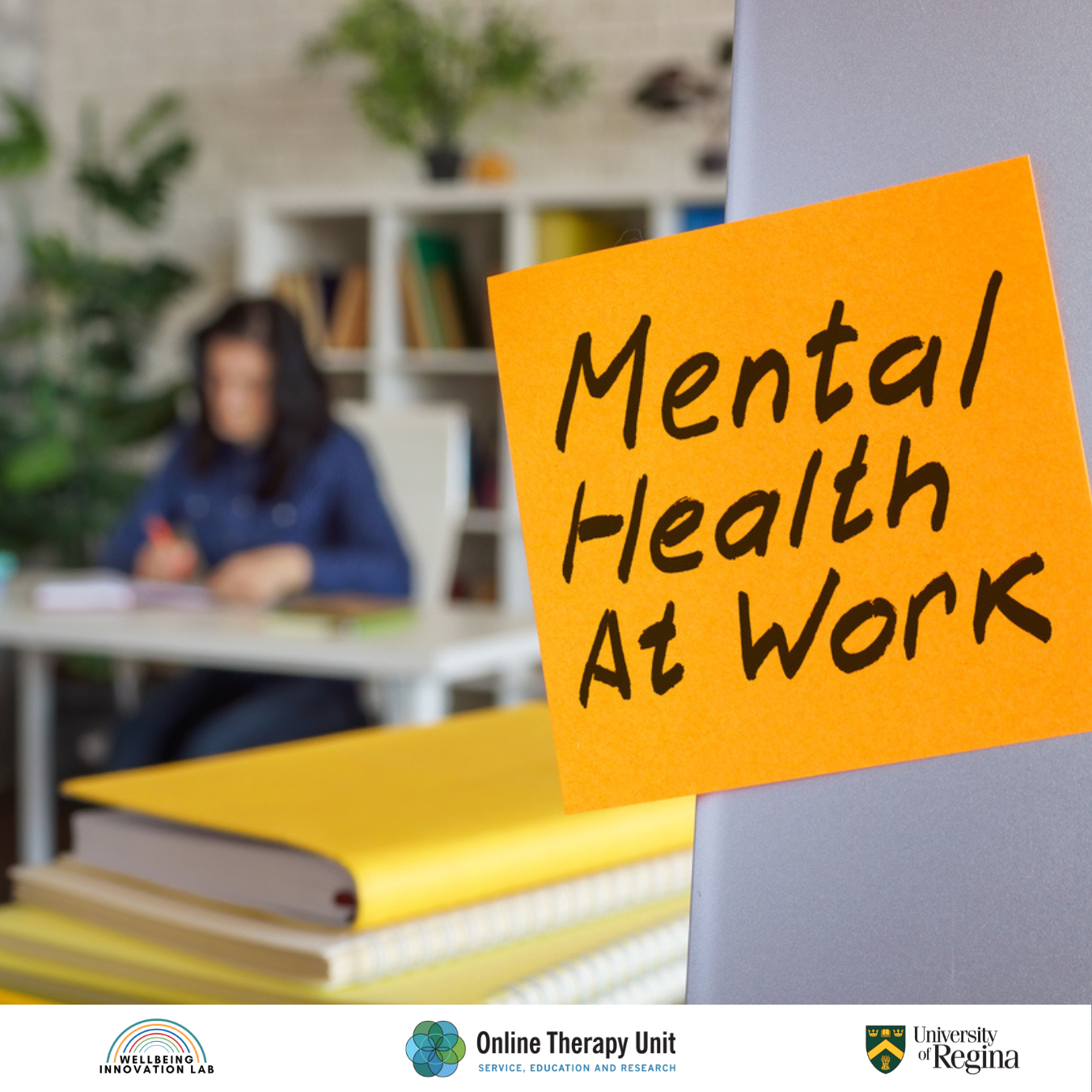A Randomized Controlled Trial of an Online Psychoeducation Course for Improving Knowledge and Access to Mental Health Accommodations
Doctoral Dissertation, Nichole Faller, 2021
Background: Available research on mental health accommodations within the workplace suggests that employees with mental health concerns require accommodations to improve work functioning. Unfortunately, only a fraction of employees requiring mental health accommodations will receive the accommodations they have requested. Reported barriers to receiving mental health accommodations include lack of knowledge about appropriate accommodations, concerns regarding stigma, and financial constraints of the employer. There is a paucity of research available on interventions aimed at improving accommodation knowledge and usage for mental health concerns.
Method: The primary goal of the current study was to assess the efficacy of a four-lesson, online, psychoeducational course developed to provide information on anxiety/depression symptoms in the workplace, appropriate accommodations to help manage symptoms, considerations for disclosure of a mental health concern and accommodation requests, and general tips for symptom management. A total of 89 participants with anxiety/depression symptoms that were negatively impacting work functioning were randomly assigned to a treatment group that received access to the Workplace Coping Strategies (WCS) course or an eight-week waiting list group. All participants received questionnaires at four- and eight-weeks post randomization. Primary outcomes of interest included the impact of the WCS course on requesting/receiving accommodations, employee knowledge of accommodations, self-stigmatizing attitudes, and workplace relationships. Organizational inclusivity and supervisory leadership were also examined to determine how these variables impacted accommodation usage and disclosure rates. Secondary outcomes assessed the efficacy of the WCS course on comfort levels disclosing and rates of disclosure. Exploratory analyses examined the impact of the WCS course on absenteeism/presenteeism scores, self-efficacy, and symptomology. Finally, quantitative content analyses were used to examine qualitative data on accommodations identified, barriers/facilitators to requesting/receiving accommodations, and participant feedback on the course.
Results: Results suggest that those who participated in the WCS course relative to the waiting list group had large improvements in accommodations knowledge, increased self-efficacy, and improved presenteeism scores. Both groups reported reduced internalized mental health stereotypes and increased disclosures of mental health concerns over time. Regression analyses further demonstrated that partial disclosures were associated with organizational inclusiveness and supervisory leadership. The results suggest that the intervention did not have an impact on accommodation usage, symptomology, workplace relationships, or comfort level disclosing a mental health concern. Qualitative analyses showed that participants most frequently identified accommodations related to scheduling flexibility and job description modification with limited mention of communication facilitations and/or modifications to physical space. The most frequently cited barrier was poor relationships with management, while supportive relationships were considered a facilitator for requesting/receiving an accommodation. Participants reported liking the clarity and conciseness of the course content the most and disliked aspects of the course structure, such as a lack of video options. Areas for improvements included changes to questionnaires (e.g., less frequent), addition of employer-centered material (e.g., tips for discussing mental health), and the use of persuasive design to increase engagement.
Conclusions: Participants were satisfied with this treatment modality and were able to establish a strong working alliance with their online therapist. Results from the current study provide emerging evidence for transdiagnostic ICBT in the treatment of postpartum anxiety and depression.

